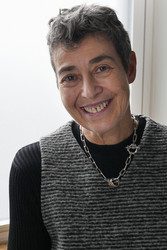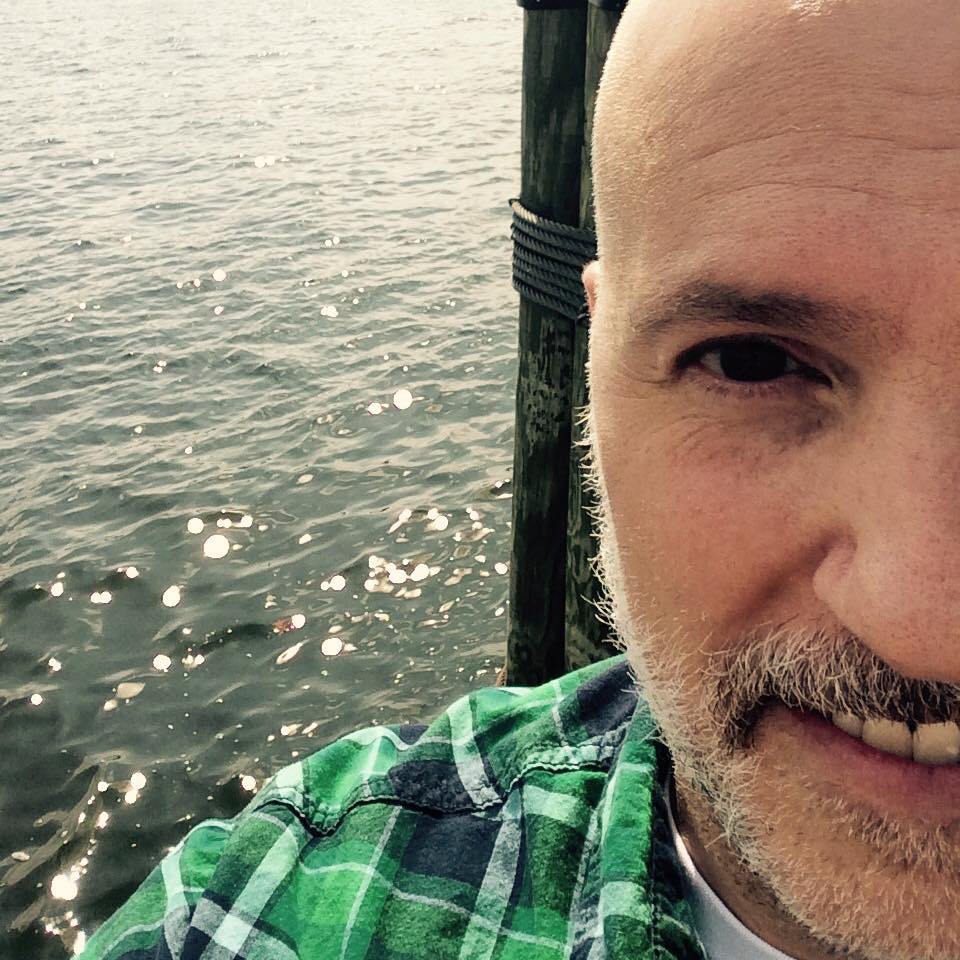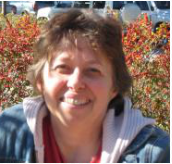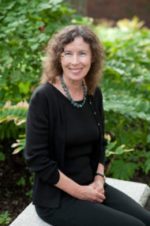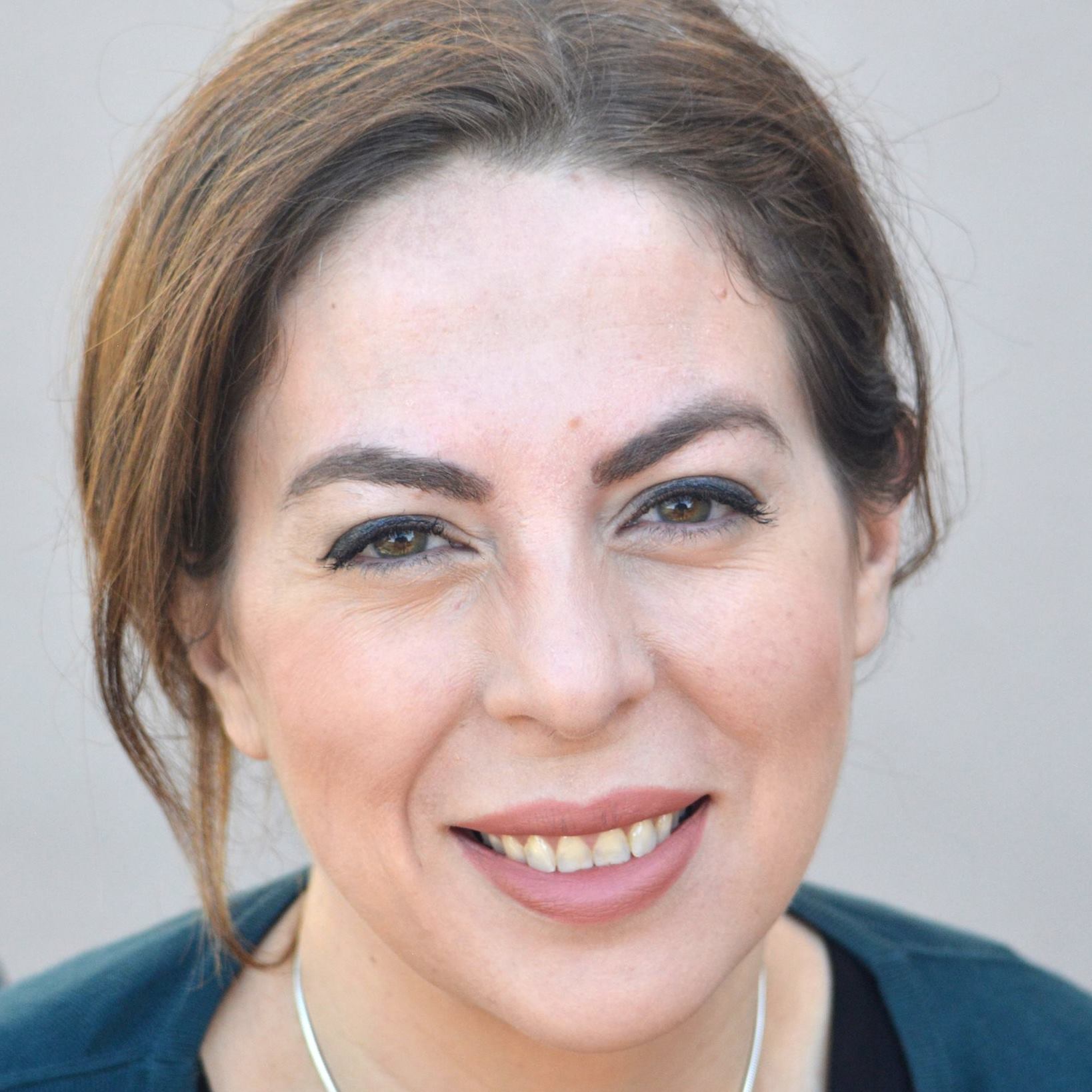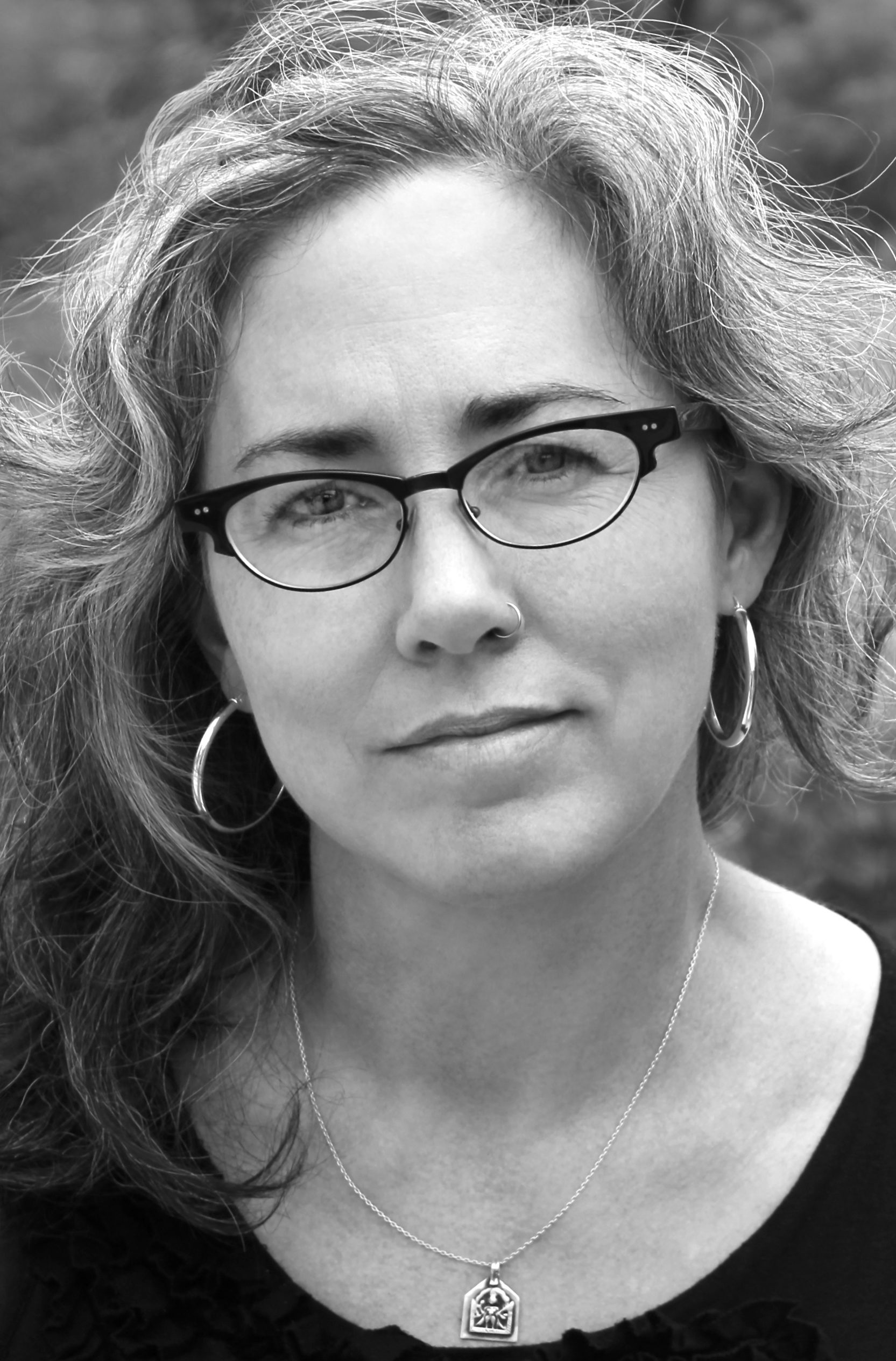2013 poetry graduate Tommye Blount was recently interviewed for Adroit Journal. Read an excerpt below:
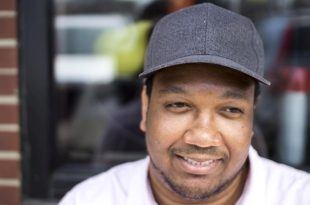
NIN: I’m stunned by how close these speakers feel as I read your work. What would you say is the role of vulnerability in your poetry, and how did you come to define what vulnerability looks like in your work?
TB: In order for there to be vulnerability, there has to be some inherent sense of consequence. In other words, there must be knowledge that something valuable is at stake. This is the task I always charge my poems with: there must be something (a way of life for instance) the speakers within the poems are not afraid to lose in the name of feeling whole and human. It’s also why I am drawn to the lyric mode. Within the lyric mode, a problem or question becomes the engine behind the poem; the motor that keeps the machine of the poem chugging along. Ellen Bryant Voigt, in The Flexible Lyric, considers the lyric as being that mode in which much of the narrative happens beyond the poem. The lyric poem is simply an event along that narrative line—I am paraphrasing of course. Anyway, this is why I am drawn to desire and its penchant for an elliptical and obsessive logic. The act of desire is an act of grief. In desire, one feels something was lost when in fact they never possessed the object in the first place. Perhaps that closeness you hear, Noor, emanates from the open and shameless embrace of obsession that exists in the poems, but I want to say more.
One of the ways that I envision this book operating is as theater. In Detroit, one of my favorite theaters is the Slipstream Theater Initiative. The building is nothing fancy: a storefront that’s been refashioned into a black box theater. What gets me each time I see one of its productions is that they use the space differently each time. In a standard proscenium theater, one has a ticket that corresponds to a seat number located along the house’s floor. With Slipstream, I never know how I am to move through the space and what will be asked of me. In Fantasia, I mean the poems to make such demands on the reader by using myself, or the lyricized self in the book, as a conduit. Looking at the book’s approach to point of view, the membrane between “you” and “I” is very delicate. What I mean is the roles of subject and observer get fuzzy. The reader, I hope, experiences that sense of closeness to the speakers and the events happening. When the poems call out my name, it is also a placeholder for “your” name. With all of that said, I (as the poet) have as much at stake as the reader has invested in the poems. Although the book employs various personae and voices, it really is a kind of self-portrait that relies on the reader to complete. I think all of this too aids that sensation of vulnerability.
Read the interview in its entirety here: https://theadroitjournal.org/2020/08/25/give-me-your-madness-an-interview-with-tommye-blount/


